Research and Development
At Schrodinger Technologies Ltd, we are driven by a passion for research and innovation that transforms the water, energy and food sectors. We believe that technology is the key to solving some of the world’s most pressing challenges, including clean water accessibility, sustainable energy solutions, and environmental conservation.
Our Research & Development (R&D) team works tirelessly to develop, test, and deploy groundbreaking technologies that improve lives. By collaborating with industry experts, academic institutions, research organizations, and government agencies, we ensure that our solutions are scientifically sound, practical, and scalable.
Our Focus Areas
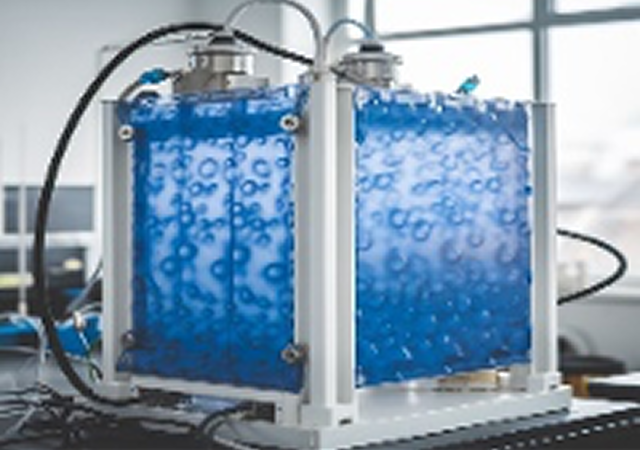
Advanced Water Purification
Developing high-efficiency filtration and desalination technologies.
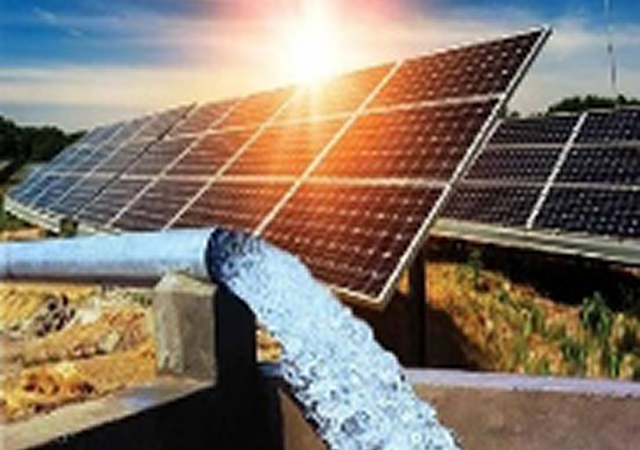
Renewable Energy Integration
Exploring solar-powered and hybrid energy solutions for water treatment.
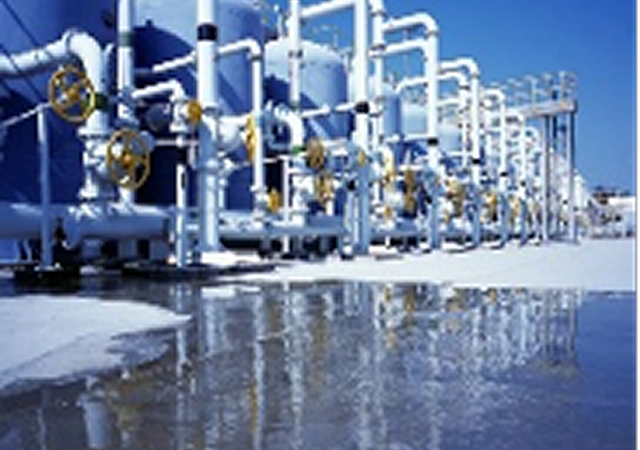
Smart Monitoring & IoT
Implementing AI-driven systems to enhance water and energy management.
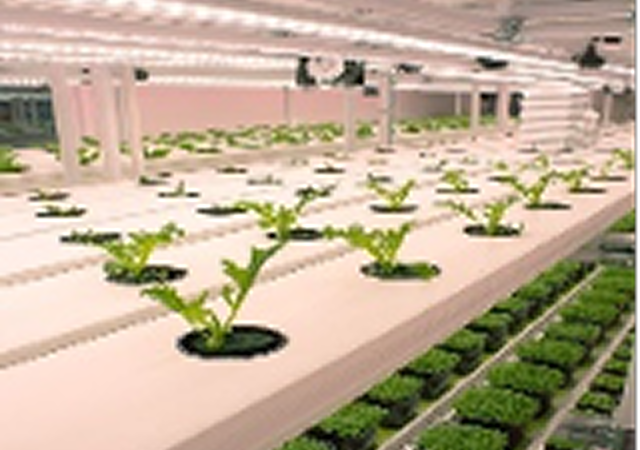
Sustainable Agriculture & Vertical Farming
Leveraging water treatment technology for agricultural productivity.
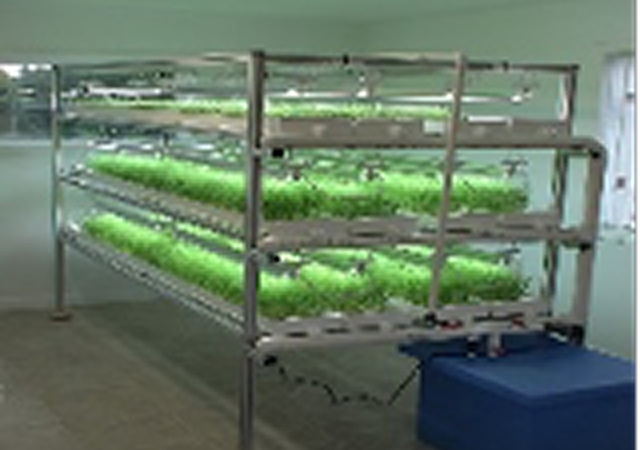
Waste Management & Circular Economy
Creating innovative waste-to-energy and recycling solutions
Current Research
We are actively researching and developing new water purification systems, solar energy optimization, and waste-to-energy solutions to make clean water and sustainable energy more accessible. Some of our ongoing research includes:
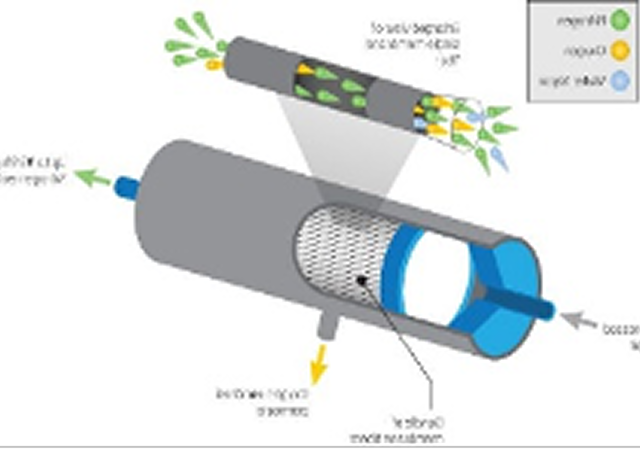
Next-Generation Reverse Osmosis (RO) Filtration
Enhancing efficiency while reducing energy consumption.
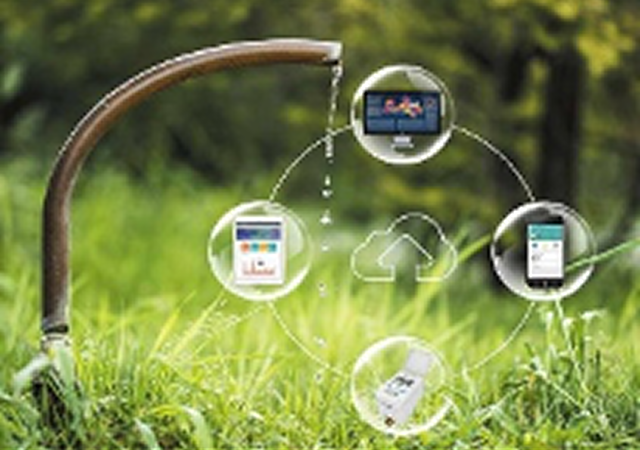
Smart Water Monitoring Systems
Using IoT and AI to detect water quality in real time.
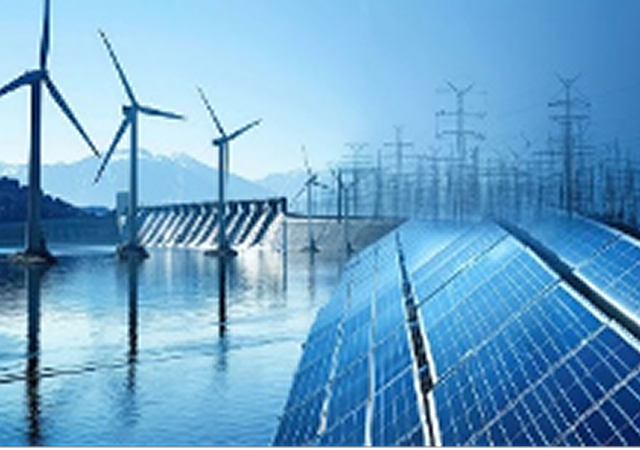
Hybrid Solar-Wind Energy Systems
Improving renewable energy integration for off-grid communities.
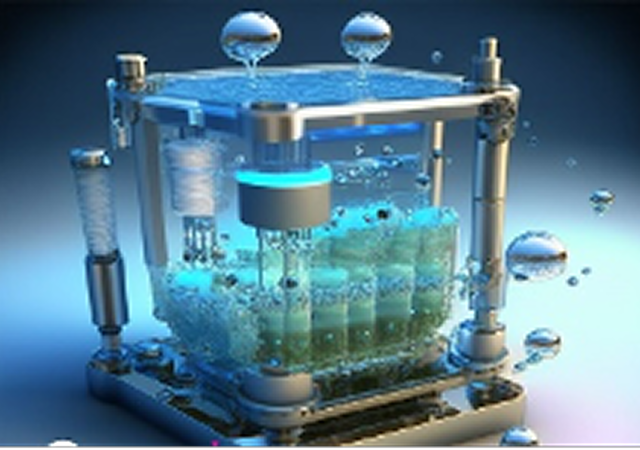
Electrocoagulation & Nanofiltration
Exploring innovative methods to remove contaminants from water sources.
Our research is application-driven, ensuring that every discovery leads to real-world impact for individuals, businesses, and communities.
Upcoming Technologies
We are constantly innovating to stay ahead of industry trends. Some of the upcoming technologies we are developing include:

Solar-Powered Atmospheric Water Generators
– Harvesting water from air to provide clean drinking water in arid regions.
Graphene-Based Water Filters
– Cutting-edge filtration technology for ultra-pure water.
Decentralized Water Treatment Units
– Small-scale purification systems for rural and disaster-stricken areas.
AI-Powered Water Demand Forecasting
– Using artificial intelligence to optimize water supply management.
Biodegradable Battery Storage for Solar Systems
– Sustainable energy storage for off-grid water treatment.
Through these innovations, we are shaping the future of water and energy sustainability.
Publications & Whitepapers
We are committed to knowledge sharing and publish our findings in leading journals, industry reports, and whitepapers. Our publications cover topics such as:
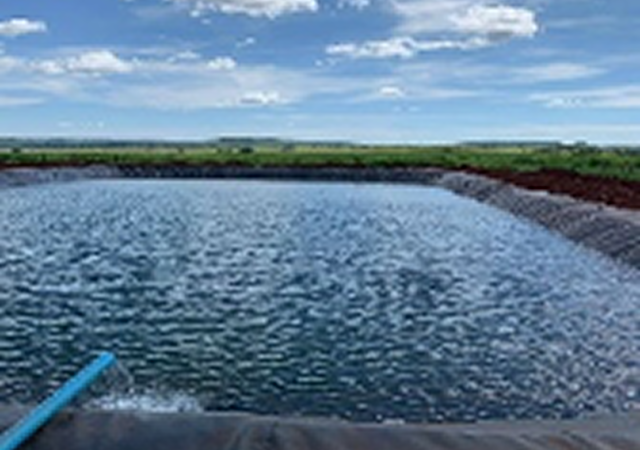
Innovations in Water Filtration & Treatment.

The Role of AI & IoT in Water Management.
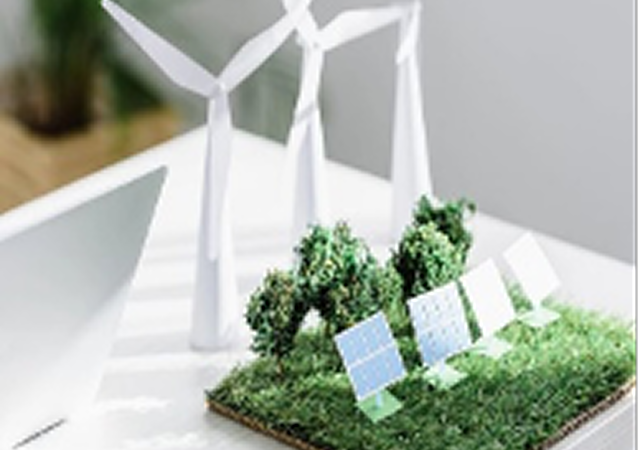
Sustainable Solar Energy Solutions for Water Purification.

Impact of Renewable Energy on Water Accessibility in Africa.
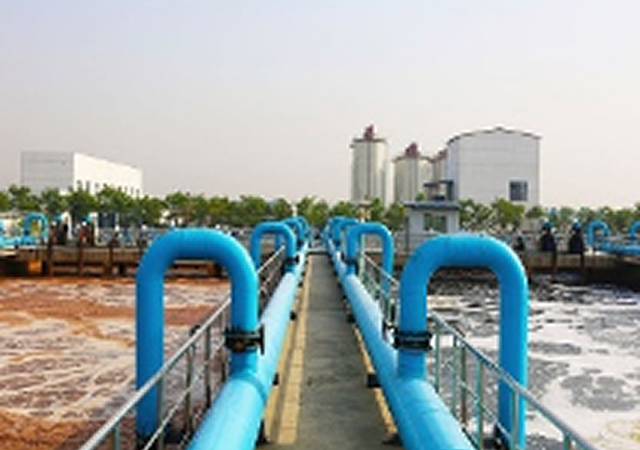
Policy Recommendations for Water & Energy Infrastructure Development.
These publications serve as valuable resources for researchers, policymakers, and industry professionals.
Collaboration Opportunities
We believe that partnerships drive innovation. Schrodinger Technologies collaborates with universities, research institutions, government agencies, NGOs, and private enterprises to accelerate technological advancements.

We invite partners to collaborate with us in:
✔ Pilot programs for new sustainable technologies.
✔ Government and NGO partnerships for scaling impact-driven solutions.
✔ Industry collaboration to enhance product development and commercialization.
✔ Academic research in environmental science, engineering, and technology innovation.
If you are interested in working with us, please contact our R&D team to explore potential collaborations.
Articles

The Impact of Nano Filtration in Removing E. coli
Nano filtration (NF) is a cutting-edge water purification technology that has proven highly effective in removing harmful microorganisms, including Escherichia coli (E. coli), from water. E. coli, a common bacteria found in contaminated water, can cause severe gastrointestinal illnesses and other health complications. Traditional filtration methods often struggle to eliminate such microscopic pathogens, but nano filtration offers a more advanced solution.
Nano filtration works by using semi-permeable membranes with extremely small pores, typically in the range of 1-10 nanometers. These pores are small enough to block bacteria, viruses, and other contaminants while allowing water molecules to pass through. Studies have shown that nano filtration can remove up to 99.9% of E. coli from water, making it a reliable method for ensuring safe drinking water.
The benefits of nano filtration extend beyond bacterial removal. It also effectively eliminates dissolved salts, heavy metals, and organic pollutants, making it a versatile tool for water treatment. As water contamination continues to be a global concern, nano filtration stands out as a promising technology to safeguard public health.

UV Light: A Tool for Killing Microorganisms in Water
Ultraviolet (UV) light has emerged as a powerful and environmentally friendly method for disinfecting water. Unlike chemical treatments, UV light does not alter the taste, odor, or pH of water, making it an ideal solution for killing harmful microorganisms.
UV light works by emitting short-wavelength radiation that penetrates the cells of microorganisms, including bacteria, viruses, and protozoa. This radiation damages their DNA, rendering them unable to reproduce and effectively neutralizing their threat. UV disinfection is particularly effective against pathogens like E. coli, Salmonella, and Cryptosporidium, which are resistant to traditional chlorine-based treatments.
One of the key advantages of UV light is its ability to provide rapid disinfection without the need for storage or handling of hazardous chemicals. It is also highly energy-efficient and requires minimal maintenance. As waterborne diseases remain a significant global issue, UV light technology offers a sustainable and reliable solution for ensuring clean and safe water.
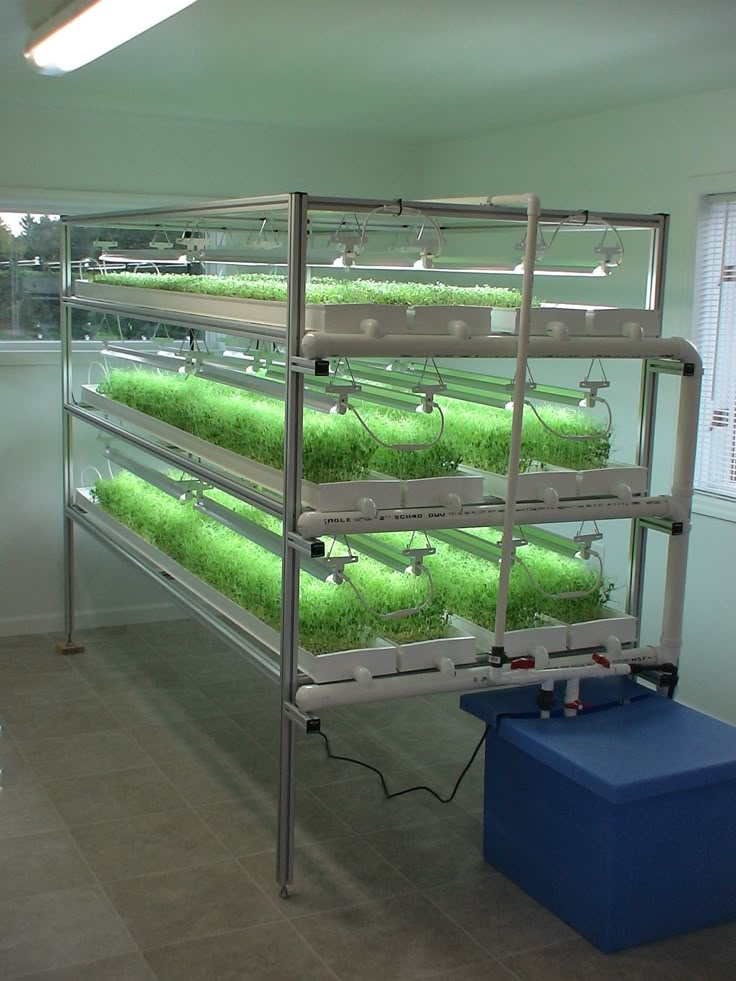
Recycling Brine Water for Agricultural Purposes
Brine water, a byproduct of desalination and industrial processes, is often considered waste due to its high salt content. However, innovative approaches are now enabling the recycling of brine water for agricultural purposes, addressing both water scarcity and environmental concerns.
Traditional disposal methods, such as discharging brine into oceans or landfills, can harm ecosystems and deplete freshwater resources. Recycling brine water for agriculture involves treating it to reduce salinity and remove harmful contaminants, making it suitable for irrigation. Advanced technologies like reverse osmosis and electrodialysis are being used to achieve this.
Using recycled brine water in agriculture can help conserve freshwater resources, especially in arid regions where water scarcity is a pressing issue. Additionally, certain crops, such as halophytes, thrive in saline conditions, making them ideal for irrigation with treated brine water. This approach not only reduces waste but also promotes sustainable farming practices.
By turning a waste product into a valuable resource, recycling brine water represents a significant step toward achieving water sustainability and supporting agricultural productivity.

Viruses: Unseen Organisms in Water
Viruses are among the most elusive and dangerous contaminants in water. Unlike bacteria or parasites, viruses are microscopic and cannot be seen with the naked eye, making them particularly challenging to detect and eliminate. Waterborne viruses, such as norovirus, hepatitis A, and rotavirus, can cause severe illnesses, including gastrointestinal infections and liver damage.
The small size of viruses allows them to pass through many conventional filtration systems. However, advanced treatment methods like ultrafiltration, nano filtration, and UV disinfection have proven effective in removing or inactivating viruses. These technologies target the genetic material of viruses, preventing them from replicating and causing infections.
Public awareness and regular water testing are crucial in combating viral contamination. Ensuring that water treatment facilities are equipped with the latest technologies can significantly reduce the risk of waterborne viral outbreaks. As viruses continue to pose a threat to public health, investing in advanced water treatment systems is essential for safeguarding communities.

Tap Water: A Major Cause of Cholera
Cholera, a life-threatening diarrheal disease, is primarily caused by consuming water contaminated with the bacterium Vibrio cholerae. Despite advancements in water treatment, tap water remains a potential source of cholera outbreaks, particularly in regions with inadequate infrastructure or poor sanitation practices.
Contaminated tap water can result from broken pipelines, sewage leaks, or insufficient treatment processes. In areas where access to clean water is limited, people often rely on untreated or poorly treated tap water, increasing their risk of cholera infection.
Preventing cholera requires a multi-faceted approach, including improving water treatment facilities, maintaining pipeline integrity, and promoting hygiene education. Technologies like chlorination, UV disinfection, and nano filtration can play a vital role in ensuring the safety of tap water.
Governments and organizations must prioritize investments in water infrastructure and public health initiatives to eliminate cholera and other waterborne diseases. Access to clean and safe tap water is not just a necessity but a fundamental human right.
Join Us in Driving Innovation

At Schrodinger Technologies, we are pioneering the future of water and energy. Through cutting-edge research, breakthrough technologies, and strategic partnerships, we are committed to making a global impact.
We invite scientists, engineers, entrepreneurs, and organizations to join us on this journey. Whether you are looking for research partnerships, innovative solutions, or industry insights, Schrodinger Technologies is your trusted partner for the future of sustainable water and energy solutions.
🔗 Interested in partnering with us? Contact our Research & Development Team today!
Mail: Research@schrodingertechs.com
CEO's Perspective
Driving Innovation for a Sustainable Future
At Schrodinger Technologies Ltd, our mission is simple yet profound: leveraging technology to provide sustainable solutions for clean water and renewable energy. As the CEO, I believe that innovation, collaboration, and impact-driven research are the pillars that drive our success.
Growing up in Northern Nigeria, I witnessed firsthand the challenges of water scarcity, unreliable energy access, and environmental degradation. These experiences shaped my passion for engineering solutions that are not just technologically advanced but also practical, scalable, and accessible to communities in need.
Innovation with a Purpose: We do not innovate for the sake of technology; we innovate to solve real-world problems. Every project we undertake, every system we design, and every research initiative we embark on is aimed at creating tangible, lasting impact.
Our Rienlight Water Box, a solar-powered reverse osmosis filtration system, is a testament to this philosophy. Designed for households and businesses, it can purify 1,000 liters of water per hour, making clean water accessible and affordable for underserved communities.
Beyond water, we are pioneering renewable energy solutions that integrate solar, wind, and smart monitoring systems to power off-grid communities, industries, and critical infrastructure.
Collaboration as a Catalyst for Change: we understand that no single entity can solve the world’s water and energy crisis alone. That’s why we actively collaborate with industry experts, researchers, academic institutions, and government agencies to develop solutions that are scientifically sound, commercially viable, and socially impactful.
We believe in the power of public-private partnerships and are always open to working with like-minded individuals and organizations to drive policy change, research breakthroughs, and large-scale implementation of innovative solutions.
The Future of Schrodinger Technologies:
As we move forward, our focus remains on scaling our impact through:
- Advanced R&D – Investing in cutting-edge technologies for next-generation water and energy solutions.
- Sustainability & Scalability – Ensuring that our solutions are economically viable and environmentally sustainable.
- Empowering Communities – Providing access to clean water, reliable energy, and sustainable livelihoods.
- Building a Legacy – Creating a company that is not just successful but makes a difference in the world.
A Call to Action:
To fellow entrepreneurs, policymakers, researchers, investors and all stakeholders: let’s work together to create a future where clean water and sustainable energy are not privileges but basic human rights.
At Schrodinger Technologies, we are not just building a company; we are building a movement, one that is shaping the future of sustainable development in Africa and beyond.
Join Us. Let’s Innovate. Let’s Impact. Let’s Transform Lives.
Enhancing efficiency while reducing energy consumption.
